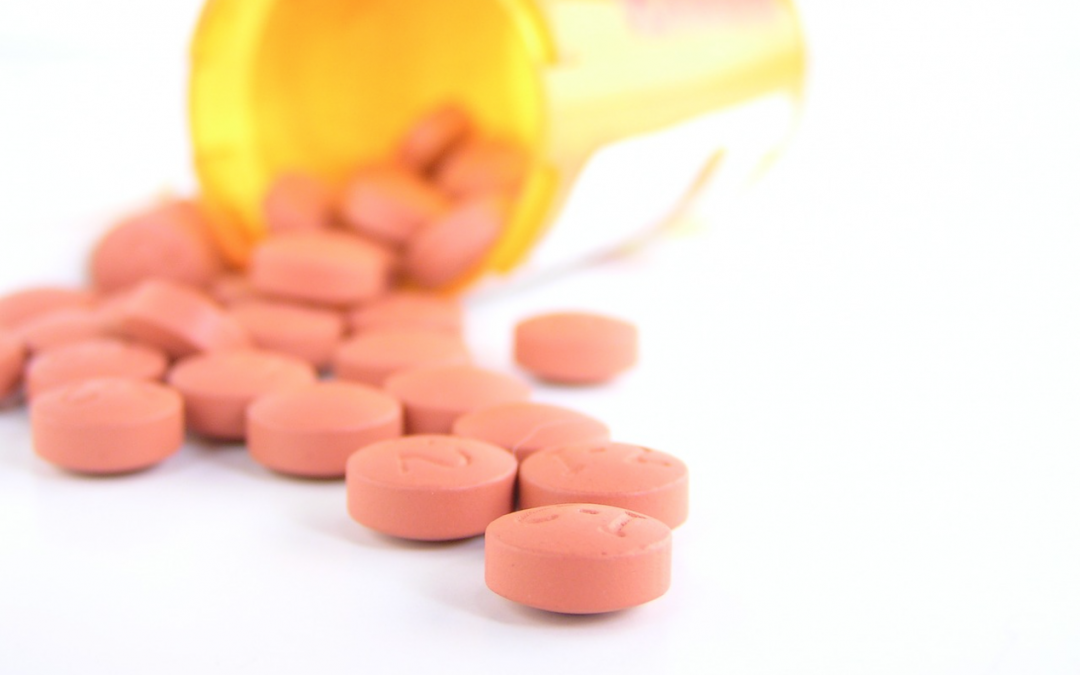Excepting a few regions of the United States, driving is an accepted and integral part of our society. Teenagers anxiously wait to get their driver’s license for a taste of independence and beg or work for their first car. Adults bemoan their bumper-to-bumper commutes to and from work each day. Many people drive for a living in buses, taxis, or on the side gig driving with companies like Uber and Lyft. Driving is so universal that it is easy to take for granted. While it feels natural after enough practice, driving is a extremely complex skill that required fine motor skills and constant attentiveness.
It is because of this required control that any substances altering the ability of a driver to use those fine motor skills or distract their attention is illegal on top of dangerous. What many people don’t know, however, is that criminal charges don’t necessarily depend on the legality of a substance itself. The danger from a substance comes from its ability to negatively influence an individual’s ability to drive, not its legal status. For example, alcohol is the main substance abused in DWI cases and completely legal in most of the United States. That is why it’s not the existence of alcohol that’s the issue, it’s the quantity someone consumes before attempting to drive.
But many prescription medications and even over-the-counter drugs can impair your ability enough to be charged with a DWI. While most medications are safe to drive with as long as taken in the correct dosages, there are exceptions. Whether or not someone is impaired depends on a host of factors such as individual physiology, age, number of medications, and how certain medications react to each other.
Even medications used as prescribed and over-the-counter drugs can be dangerous when mixed with driving. Innocuous allergy medications for cedar fever when it comes around often contain antihistamines. During an allergic reaction, your body creates histamines in an attempt to ward off the perceived threat of the allergens. Histamines are what cause runny noises, runny eyes, congestion, and other symptoms of altergies. Antihistamines combat the production of these histamines, helping with symptoms, but especially first generation histamines (such as Benadryl) can have some pretty heavy side effects. These side effects include:
- Drowsiness
- Dizziness
- Nausea and moodiness
- Blurred vision
- Confusionn
None of these effects are ideal for safe driving. Drowsiness especially is dangerous for drivers, though some newer antihistamines don’t have as severe of drowsiness as a side effect. Some over-the-counter antihistamines include:
- Brompheniramine (Dimetane)
- Cetirizine (Zyrtec)
- Chlorpheniramine (Chlor-Trimeton)
- Clemastine (Tavist)
- Diphenhydramine (Benadryl)
- Fexofenadine (Allegra)
- Loratadine (Alavert, Claritin)
Medications prescribed by your doctor for all sorts of conditions can also affect your ability to drive. These prescription antihistamines can also affect your vision or ability to drive:
- Azelastine eyedrops (Optivar)
- Azelastine nasal sprays (Astelin, Astepro)
- Carbinoxamine (Palgic)
- Cyproheptadine
- Desloratadine (Clarinex)
- Emedastine eyedrops (Emadine)
- Hydroxyzine (Atarax, Vistaril)
- Levocabastine eyedrops (Livostin)
- Levocabastine oral (Xyzal)
It just goes to show that seemingly harmless medications can have some hefty side effects if you fall asleep or get in an accident due to them. That doesn’t even scratch the surface on all the prescription medications that impair your ability to drive to some extent.
According to the Food and Drug Administration (FDA), it is the individual taking medication’s responsibility to check with their doctor and pharmacist to be absolutely sure if any of their medication may impair their ability to drive. They can then decide if they need to adjust the timing of medication or perhaps switch to a different medication to avoid being a danger to themselves or others on the road.
Common drugs (besides alcohol and marijuana) that can cause enough impairment for a DUI charge, with or without a prescription, are:
- Cough syrup
- Nighttime cold or flu medicine
- Anxiety medication (Xanax, Alprazolam)
- Prescription painkillers (Vicodin, Codeine)
- Muscle relaxants (Soma)
- Ambien
Even herbal remedies, especially those containing valerian, can impair your ability to drive. So can taking too much insulin as a diabetic, which can cause dizziness as your blood sugar drops too low.
While an individual can argue that they were taking their medication as prescribed, most medications will have a warning label on them that details the risks of driving while under the influence of the medication and can hurt your chances of using this defense in court. Because of this, make sure you contact an experienced DWI and DUI lawyer immediately after being charged.
Keep in mind that driving while taking a medication does not inherently mean that someone is driving “under the influence” of the medication in.a legal sense. Being in an accident, driving recklessly, or being pulled over while taking medication does not mean you have enough against you for a DWI, but a good lawyer will better be able to argue your case.
A lot of this is due to a gray area in what counts as intoxication when it comes to prescription and over-the-counter medications. While officers do the best they can in determining whether or not someone may be driving under the influence of a drug, they do not have the medical training necessary to know exactly what medications cause what effects. They may also not be aware of how a medical condition in itself may present itself similarly to someone under the influence (like slurred speech), or how much of any given medication should reasonably be prescribed. Standard DWI tests may not be accurate for these circumstances.
This gray area is where you could get in trouble legally, and why you need an experienced lawyer to argue your case if you are charged with a DWI or DUI while taking your medication.
Thank you for reading the legal news blog of The Law Office of Gabriella Young. We are an Austin, Travis County, and Williamson County criminal defense law firm and our jail release assistance is available 24/7. We are dedicated to our clients and their futures, and will handle your case with compassion and dedication!

